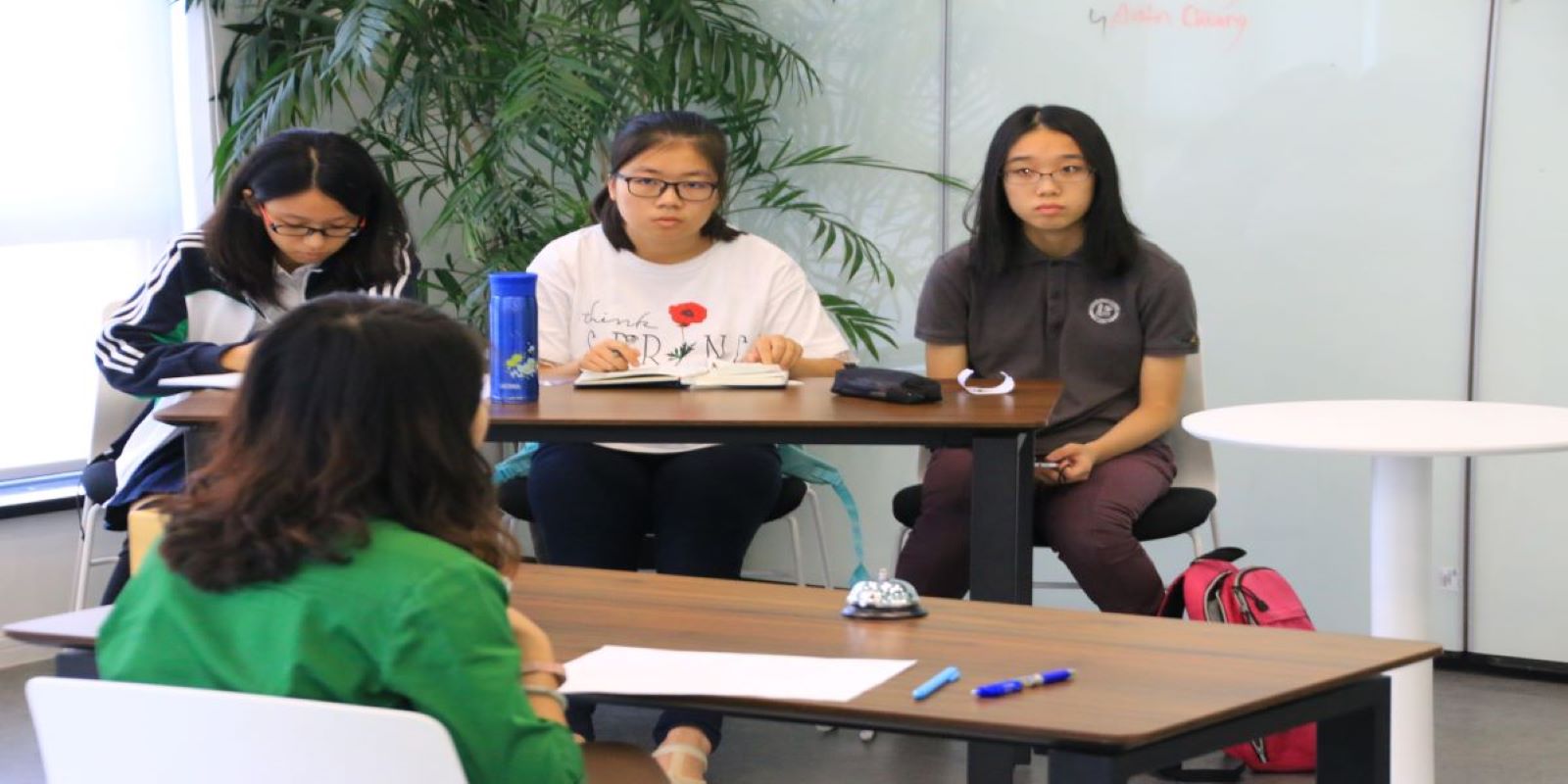How To: Judging Public Forum Debate!
-1.png)

Judging Public Forum Debate
Judging a Public Forum debate (or PF debate for short) isn’t as daunting a task as it may seem. PF debate was designed, as the name suggests, to be accessible by members of the public. So while there are certainly some rules that it pays to understand, and judges should be familiar with PF debate format – don’t worry if you are not an expert in debate or in the resolution that is being debated – that is not the job of the judge.
Rules of Public Forum Debate
The first thing that happens in a Public Forum debate is usually the coin flip. The team that wins the coin toss then has the choice either of side (Pro or Con) or to go first or second. The other team will choose between the options not selected by the winners. The debate can then start.
The format and rules of Public Forum debates can be found here. However, for our purposes here, the main thing to remember is that the role of the judge is to be an impartial arbiter, which we will discuss in the next section.
Judging a Public Forum Debate Round
Judges should keep detailed notes during the round. After all, the debaters have spent a long time constructing their cases; the least you can do is pay close attention!
The judge is there as an impartial, unbiased referee. You should assess the arguments of both teams based on which team is presenting their case better – with more logical arguments, a better standard of evidence, clearer explanation and delivery of points, or something else. It’s important to leave your own opinions on the topic behind when judging a Public Forum debate and do your best to be completely objective.
In judging the debate, the role of the judge is to decide which team better persuaded him or her that the resolution should be upheld, or rejected. When assessing teams’ arguments, ask yourself some of the following questions;
- Were their arguments logical and relevant? Remember that the arguments in the debate may be different to those that you were expecting to hear, or that you would have made. That doesn’t mean they weren’t good arguments, though!
- Did they prove the points needed to be proved to convince an observer to agree with, or disagree with, the topic?
- Did they support their reasoning with evidence, and was that evidence persuasive, credible, and recent?
- Did they deliver their points clearly and, even if speaking fast, manage to make you follow their line of reasoning without difficulty?
- Did they do a good job of explaining the impact of each point, in other words, what is the effect of this argument being true or not?
- How well did they engage with their opponents’ case, during crossfire periods and rebuttal / summary speeches?
Answering some of these questions in your own mind will help you come to a decision on which team won the debate, which you will need to do.
Comments and Feedback
At the end of the round, you should pick a winning team and complete your ballot. In some competitions you may be asked to, or expected to, give verbal comments to the debaters. If so, ensure that these comments are constructive and helpful to the students, and give them actionable ideas for how to improve in the future.
When completing your ballot, ensure that you are aware of the appropriate scoring range for the tournament you are judging in, and don’t give scores outside the suggested range.
Ballots also have spaces for comments and feedback. Don’t neglect these – debaters do read ballots afterwards and will hugely benefit from any suggestions that you may have. Giving two or three bullet points of things to improve will help teams refine their cases and improve their debating for the next round, or next tournament.
Conclusion
These are some of the key elements of judging a Public Forum debate. Don’t worry if it is all new to you – after you have judged a few PF debates you will feel like an expert! Adjudicating debates is a great way to learn more about the activity and, indeed, the topic under discussion. It’s worth taking a little time to do it as well as you can.

